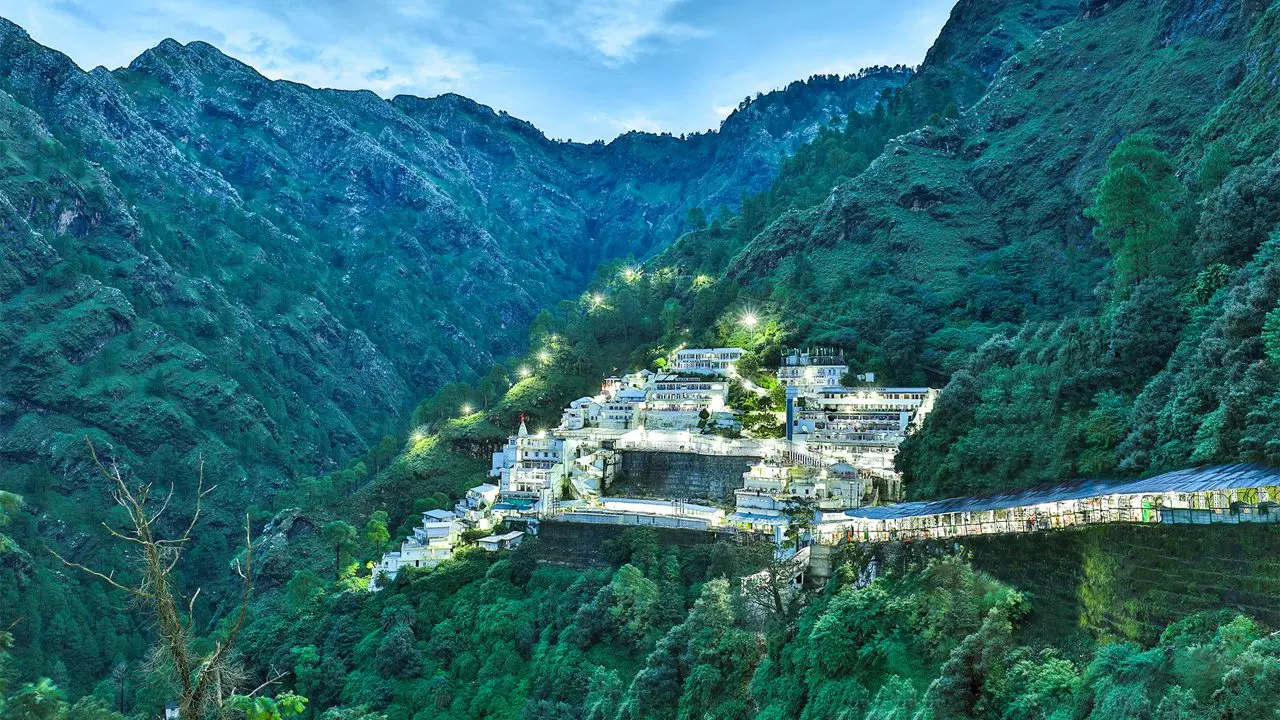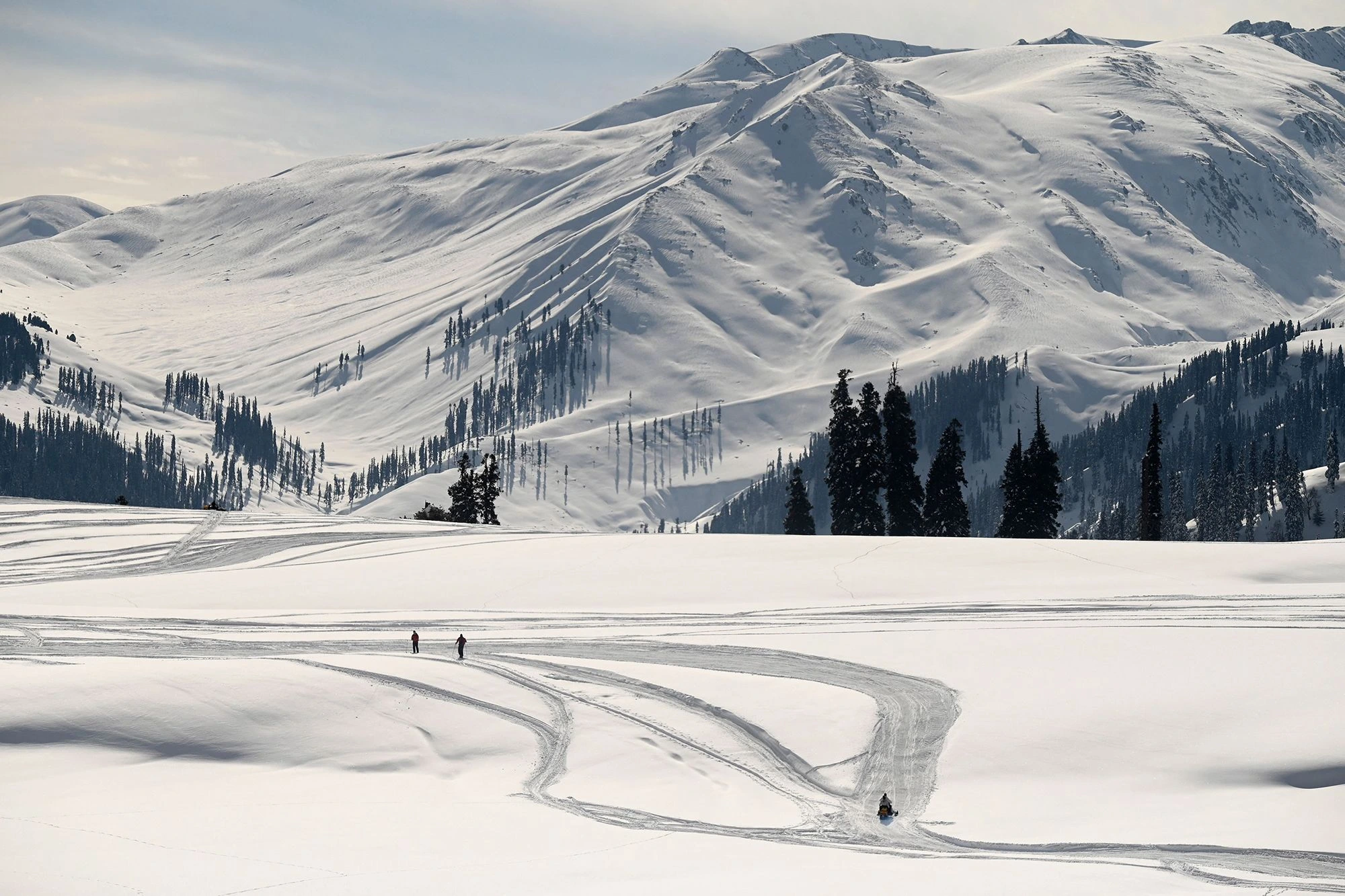Jammu
Jammu, the winter capital of Jammu & Kashmir, is a city steeped in spirituality, history, and natural beauty. Known as the "City of Temples," it is famous for its ancient shrines, with the most revered being the Vaishno Devi Temple, located in the Trikuta Hills. Pilgrims from across the country undertake a sacred trek to seek blessings from the goddess, making it one of India’s most visited pilgrimage sites.
Apart from Vaishno Devi, Jammu is home to other notable temples like the Raghunath Temple, Ranbireshwar Temple, and Mahamaya Temple, each reflecting the city’s deep-rooted religious significance. The city also boasts of beautiful gardens, old forts, and palaces such as the Mubarak Mandi Palace, which showcases Dogra art and architecture.
Nestled along the banks of the Tawi River, Jammu offers a pleasant blend of cultural vibrancy and scenic charm. The local cuisine, rich in spices, and the warm hospitality of the Dogra people add to the city's appeal.
Whether you're a spiritual seeker, a history enthusiast, or a nature lover, Jammu serves as a serene and culturally rich gateway to the majestic landscapes of Kashmir and the enchanting Himalayan region beyond.


Srinagar
Srinagar, the summer capital of Jammu & Kashmir, is a breathtakingly beautiful city nestled in the heart of the Kashmir Valley. Known for its tranquil Dal Lake and Nigeen Lake, the city offers unique experiences like staying in traditional houseboats and gliding through the water on colorful shikaras. Surrounded by the majestic Himalayas, Srinagar is a haven for nature lovers, offering lush gardens, scenic views, and peaceful charm.
The city is famous for the Mughal Gardens—Shalimar Bagh, Nishat Bagh, and Chashme Shahi—which showcase Persian-style landscaping and floral beauty. The Jamia Masjid and Hazratbal Shrine reflect Srinagar’s spiritual and architectural heritage. The bustling Lal Chowk market and floating vegetable market on Dal Lake provide a glimpse into local life and Kashmiri culture.
During winter, Srinagar transforms into a snowy wonderland, while spring and summer bring blooming tulips and vibrant greenery. Traditional Kashmiri handicrafts, carpets, and the aromatic Kahwa tea further enrich the experience.
Whether you're seeking romantic moments, spiritual solace, or natural beauty, Srinagar offers a timeless journey through one of India’s most enchanting and serene landscapes.
